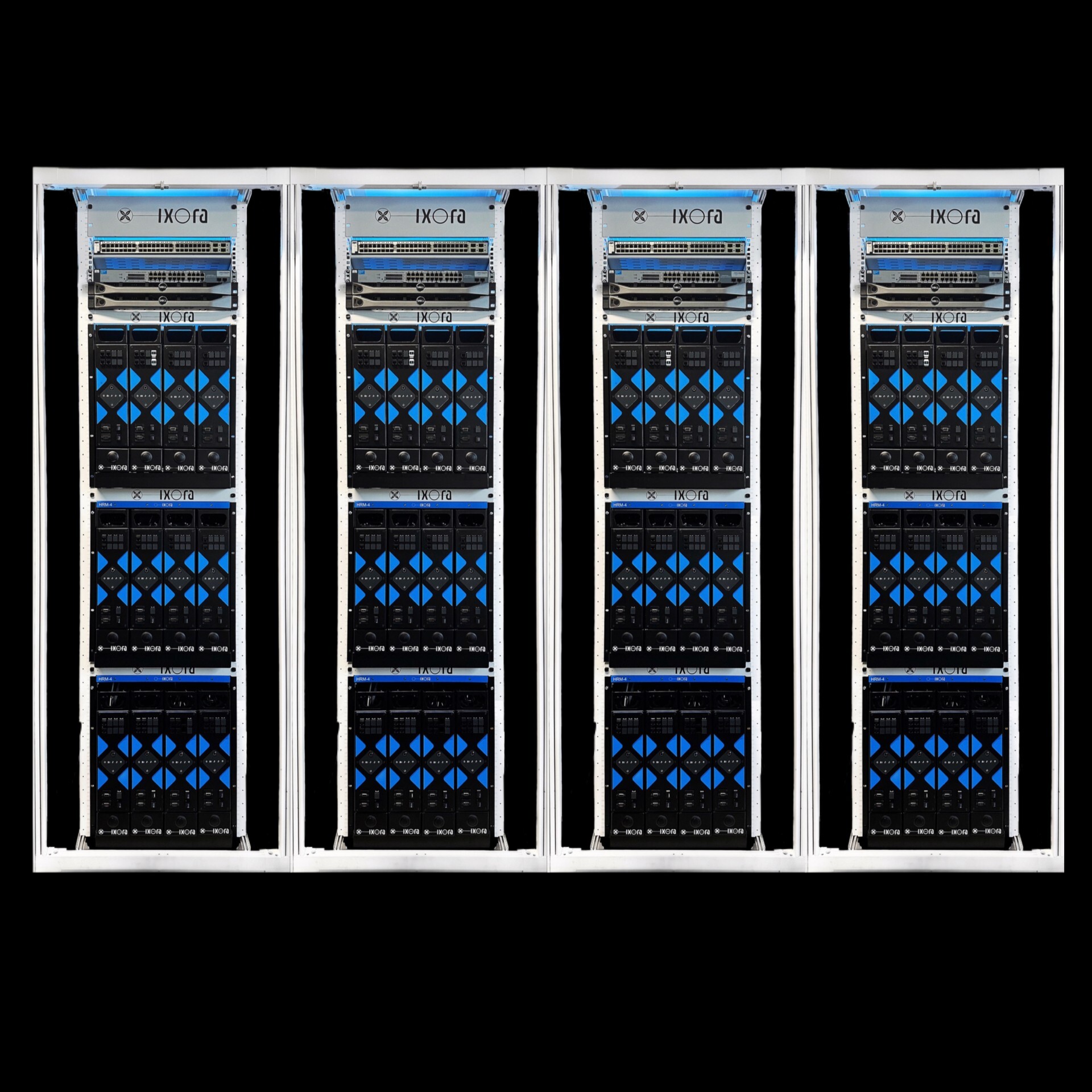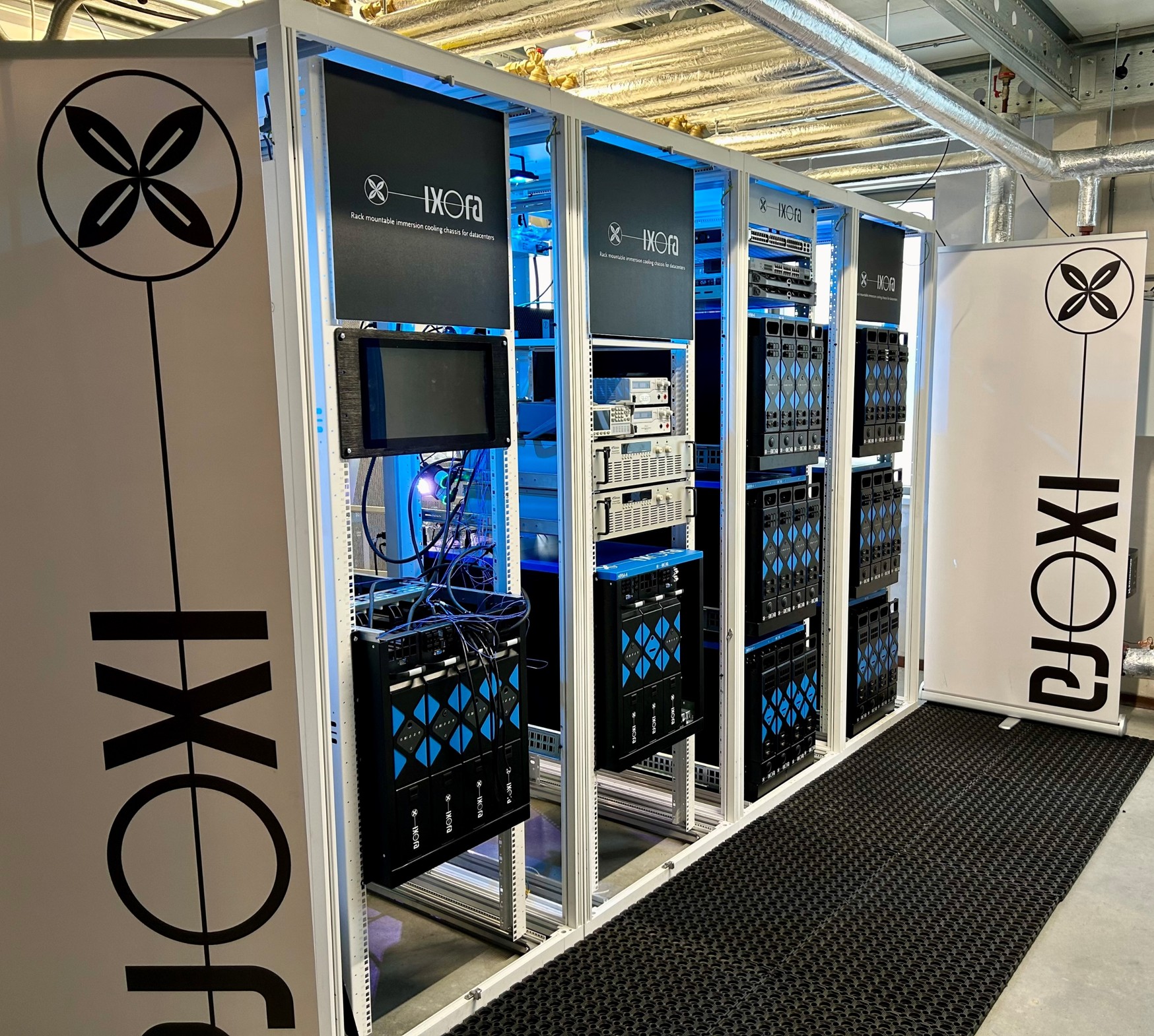In recent years, digital technologies such as cryptocurrency and artificial intelligence have emerged from relative obscurity to mainstream, producing vast amounts of data. As a result, data centers have sought to increase capacity while simultaneously improving efficiency. Air cooling had long been the norm for data center cooling, but many data center facilities have transitioned to or are exploring liquid cooling as a more efficient and cost-effective alternative to air cooling.
There are two main approaches to liquid cooling: direct liquid cooling and immersion cooling. Direct liquid cooling involves circulating coolants to specific components. While more efficient than air cooling, it is often not suitable for high-intensity processing operations.
Immersion cooling typically involves submerging electronics in a bath of non-conductive liquid. It provides far greater efficiency and cooling density compared to air cooling and requires no fans or other active cooling components. However, designs are often complex, custom, and expensive, requiring large baths in which to submerge server racks entirely.
Pivoting to a new model
iXora realized that their closed system could provide the perfect solution for data centers. It could substantially improve the efficiency and capacity of server hardware without the need for significant infrastructure redesign — and at a much lower cost compared to the immersion cooling systems available at the time.
The company began designing a prototype closed immersion cooling system for the data center market, based on its existing amplifier cooling solution. Rather than the traditional horizontal rack system, iXora instead sought to develop a chassis containing vertical cassettes, in which dielectric oil would cool the electronic components. Furthermore, because the prototype would be the first of its kind, it also required the design and development of new systems and components unique to the application.
Prototype challenges

One example of this was the new system’s heat exchanger, required to transfer heat away from each cassette. The design required two couplings per cassette to connect them both to the chassis, and to the facility’s wider cooling equipment.
Achieving a low pressure drop in these couplings was vital, as each small pressure drop could cause disruptions in the cooling performance. Cassettes also required easy connection and disconnection for maintenance, with zero leakage, as any liquid coming into contact with data center equipment could pose a serious risk to operations.
iXora approached Danfoss for help in the development of custom couplings for their system. As well as zero leakage, these also needed to provide precision alignment, a low connect force, and a compact size. Drawing on its extensive experience in coupling technology, Danfoss product engineers were able to calculate exactly what was required based on the flow rate, maximum coupling size, pressure requirements, and heat exchange rate, alongside a range of other factors specific to data center cooling applications.
Based on these calculations, Danfoss concluded that aluminum dry break quick-disconnect couplings would be the most suitable solution. These were then manufactured to specification by Danfoss.
Success in partnership
The prototype was a success, with the Danfoss couplings outperforming all other couplings tested. iXora’s head of operations and sales, Vincent Beek, explained: “The Danfoss couplings achieved full alignment, easy connection and disconnection and, crucially, zero leakage. This is vital for maintenance. With a conventional full immersion system, it can be tricky getting servers out of the liquid bath. Ours is effectively plug and play, so you can just disconnect it and carry it straight to the workshop.
“We’re now onto the field-testing stage, with a global pilot to follow this year, and then next year we’ll be scaling up to mass production. None of this would have been possible without Danfoss. As a start-up it can be difficult to get the attention of larger companies, particularly when it comes to help with R&D. They saw our solution, immediately bought into it, and we’ve benefited greatly from their expertise,” Beek said.

Jeroen Veraart, senior sales development manager, Danfoss Power Solutions, has been pleased with how the relationship developed:
“This was a true partnership. iXora benefited from us for sure, but we’ve learned a lot from them as well. As a result of working with them we’ve identified new ways in which we can improve and refine our products further.
“iXora were a dream to work with,” Veraart continued. “With a start-up there’s always an element of risk, but they were enthusiastic, willing to learn, and always coming up with creative ideas and solutions. At the end of it they’ve got a really impressive system. Immersion cooling is clearly the future for data centers, and in just a few years I expect that market will grow considerably. This has been a really rewarding partnership for both parties, and I look forward to seeing it continue to flourish.”
[simple-author-box]



